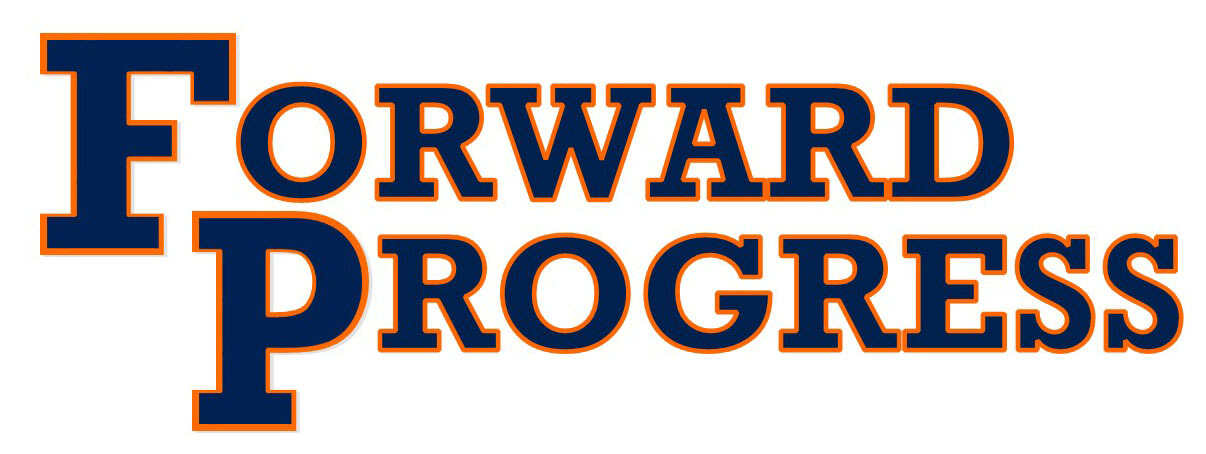Just as with infractions cases, we have extensive, successful experience in student-athlete eligibility reinstatement cases.
Perhaps the most difficult aspect of preparing an appeal of an NCAA staff decision in an eligibility reinstatement case is that an institution generally only has limited experience with such cases and must rely on the NCAA staff for direction. When you retain us to assist, the student-athlete and the institution benefit from our extensive knowledge and experience in reinstatement cases and our ability to present the circumstances in a manner that personalizes the case. As a result, the student-athletes have the best opportunity to receive a fair and appropriately considered result, and to return to competition as promptly as the facts permit.
In 2014, the NCAA Division I Board of Directors gave wide ranging discretion to the NCAA staff related to the regulation of student-athlete activity. That discretion empowers the NCAA staff to carefully evaluate and grant more waiver requests in favor of student-athlete welfare.
Excerpt from the NCAA Division I Board of Directors January 18, 2014 Report
The NCAA Division I Board of Directors approved a Temporary Review Process for Specified Regulatory Waivers, Amateurism Certification Decisions and Student-Athlete Reinstatement Conditions until such time as a new governance structure is in place or a period of no longer than two years, at which time the process would be reevaluated. Specifically, after determining the impact of a prescribed penalty, the NCAA staff has been provided the authority consideration of mitigating factors that may justify departure from the established penalty or outcome in the following categories of cases:
- Cases involving the health and safety of a student-athlete, or instances in which the prescribed penalty or outcome would likely have a significant negative impact on a student-athlete’s well-being.
- Cases involving prospective or enrolled student-athletes who have served active duty in the military or who have delayed collegiate enrollment due to serving official religious missions.
- Cases that involve the potential for significant withholding conditions (e.g., a year in residence and one or more seasons of intercollegiate competition, loss of all or part of final year of eligibility), despite the existence of circumstances indicating that the application of prescribed penalties is disproportionate or otherwise inconsistent with the intent of the legislation.
- Cases involving nominal or inconsequential benefits to student-athletes.
Our attorneys and consultants have more than a century of combined experience in addressing every aspect of the NCAA regulatory environment. We have successfully advocated and achieved positive results in student-athlete eligibility matters in all of the following categories:
- Initial Eligibility
- Two- and Four-Year Transfers
- Legislative Relief
- Progress Toward Degree
- Extension of Eligibility
- Student-Athlete Reinstatement
- PSA Reviews


